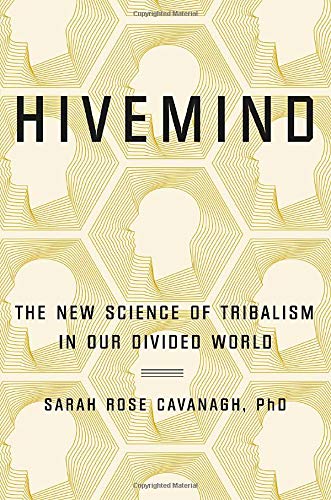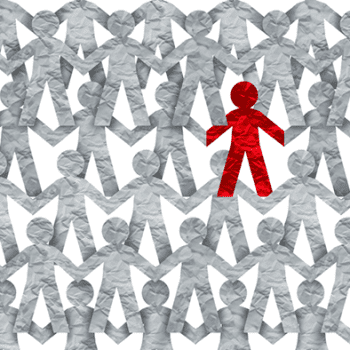As Americans have either stewed or celebrates over the recent election of President-elect Biden, some commentators lament a virtual “cold war” between red and blue states. Meanwhile, the people of Ethiopia face the threat of an actual civil war. If you, like most Americans, are unaware of the emerging crisis in Ethiopia’s Tigray region, check out BBC’s long, medium, and short summaries.
Tribalism Isn’t Going Away
This conflict forms the backdrop of Walter Mead’s recent Wall Street Journal article, ‘Tribalism’ Isn’t Going Anywhere. In it, he explores the faulty assumptions that Western leaders have held concerning the influence of economic development on the political and social stability of other countries, particularly those in Africa.
He writes,
Since the end of colonial rule, many Western observers have naively assumed that ethnic and religious tensions would fade away with economic development…. That is not how things work. During the past 20 years, Ethiopia has consistently posted some of the best growth rates in Africa, but ethnic tensions have risen with gross domestic product.
European and Ottoman history followed a similar pattern. Nationalism rose with levels of development—and democracy, linked to nationalism, was more often a destabilizing force leading to conflict than a calming force leading to peace.
Westerners at times get the impressions that individualism is the fruit of progress, an advanced stage in humanity’s social evolution. In traditional, majority-world cultures, collective identity, and stress on hierarchy remain the norm. Yet, some people see this feature of non-Western countries as a lingering effect of oppressive socialization or the natural consequence of poverty. Mead says,
“Tribalism,” as ethnic nationalism in postcolonial Africa is sometimes dismissively and condescendingly called, is not a remnant of the past destined to fade as modernization progresses.
What are we to make of these comments? I suggest we agree with them, and that we take them as a warning.
People need to belong to groups. We are social creatures. This is so obvious that arguments could be presented theologically, psychologically, philosophically, sociologically, even neurologically. (In fact, I’m currently reading Hivemind: The New Science of Tribalism in Our Divided World.)
The challenge comes in how those groups are defined and the ways in which “outsiders” are assessed and treated.
A Word of Warning
When you look at the recent presidential election in the States, these dynamics could not be more evident. Consider just a few of the books that have been published in recent years:
The Red and the Blue: The 1990s and the Birth of Political Tribalism (by Steve Kornacki)
Suicide of the West: How the Rebirth of Tribalism, Populism, Nationalism, and Identity Politics is Destroying American Democracy (by Jonah Goldberg)
Why We’re Polarized (by Ezra Klein)
Honestly, the list could go on and on. I haven’t even touched on issues related to race, religion, national origin, not to mention important blendings of these topics.
Tribalism can manifest as populism as the masses gain education and economic standing. People need to belong to groups. This is true both in Ethiopia and in the West. Populism might be the scariest manifestation because social tribes maintain an individualistic mindset.
Improving people’s economic status does not undermine tribalism. In fact, our goal is not to eradicate “tribes” (i.e., groups of belonging). We do well to have proper expectations and keep in mind what actually is the problem and what is not.
By the way, I’ve given a few talks that you might find relevant to this discussion, especially in relation to the church.
- Reciprocity, Collectivism, and the Chinese Church (2018 Patronage Symposium in Lebanon)
- Saving Us from Me (from the 2017 Honor, Shame, and the Gospel conference in Wheaton)
Cover Photo Credit: Flickr/RodWaddington


















